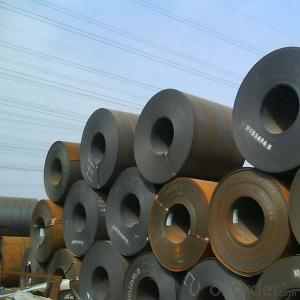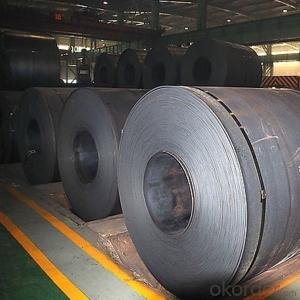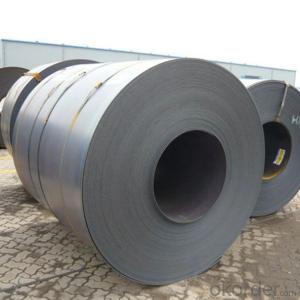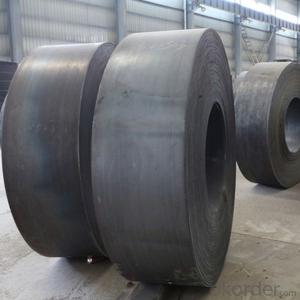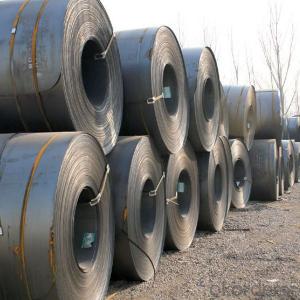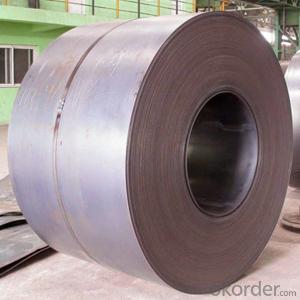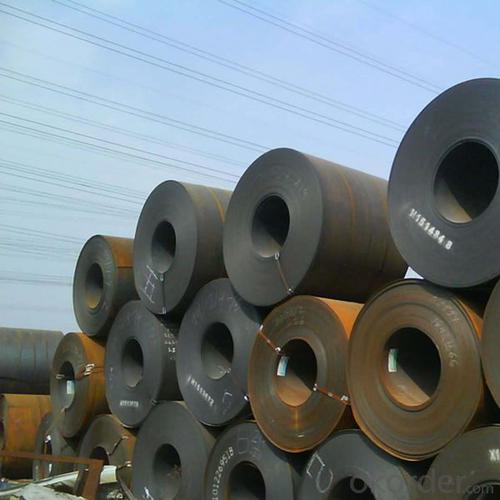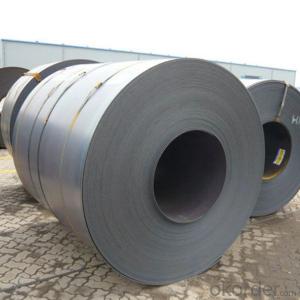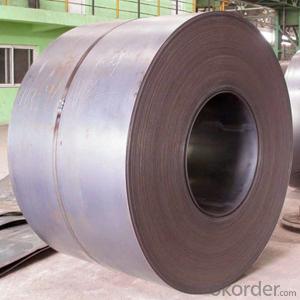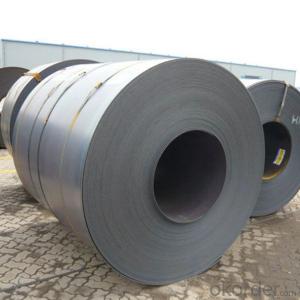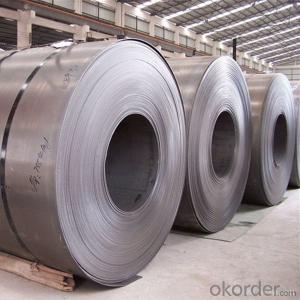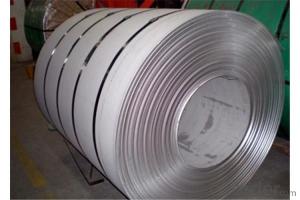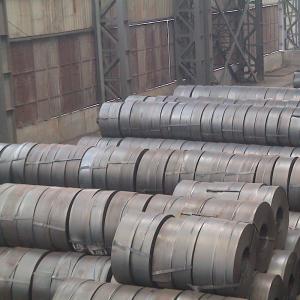Hot Rolled Steel Coils Q235 Carbon Steel Width 1250mm Made In China
- Loading Port:
- Qingdao
- Payment Terms:
- TT OR LC
- Min Order Qty:
- 25 m.t.
- Supply Capability:
- 20000 m.t./month
OKorder Service Pledge
OKorder Financial Service
You Might Also Like
Specification
DESCRIPTION FOR SS400 CARBON STEEL SHEET
1.Thickness: 1-200mm
2.Width: 100-3000mm
3.Length: 1000-12000mm
4. Applications :mining machinery, environmental protection, engineering
5. Grade:SS400 A 36 Q195.Q235.Q345.SPCC.SPCH
6.Surface : Hot Rolled Cold Rolled Galvanized Steel
DESCRIPTION FOR CARBON STEEL PLATE
Production | hot rolled st eel coils ss400 |
Port | Tianjin, China |
Category | Minerals & metallurgy |
Thickness | 1.8-16mm |
Width | 1000-1500mm |
Coil Weight | about 23 tons |
Material Grade | SS400\Q235\Q345B |
Technique | Hot Rolled |
Standard | GB ,JIS |
Test | With Hydraulic Testing, Eddy Current , Infrared Test |
Surface | 1) Bared 2) Black Painted (varnish coating) 3) Galvanized 4) Oiled |
Package | in bundles, strapped by strips. Or as customer’s requirement |
Sample | Common products, we can provide freely, for special production,we can depends on negotiation. |
MOQ | 50 tons |
Payment | 100% L/C at sight, 30% T/T in advance, and the balance against the copy of B/L or negotiation |
Delivery time | Within 10-25 days, according to quantity, asap save customer’s time |
Certificate | ISO |
DETAILED PICTURES FOR STEEL COILS
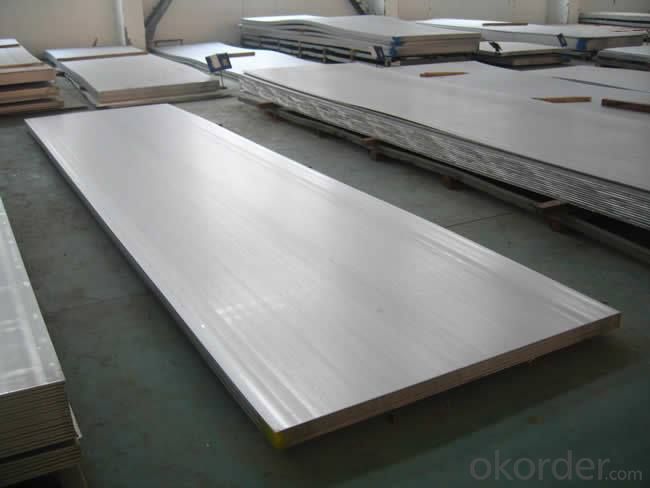
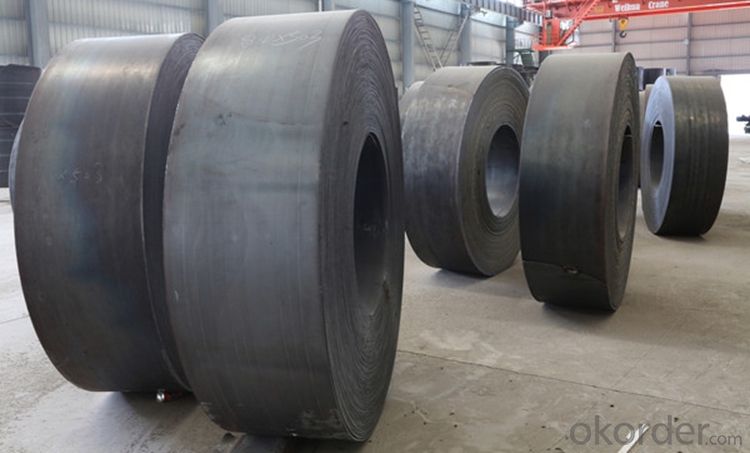
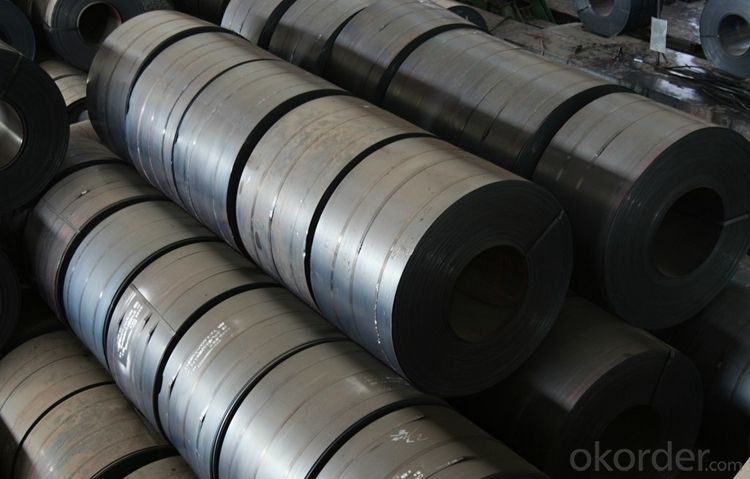
PACKING:
1.Big thickness:by bulk vessel
2.Small thickness:packed by steel strips and shipped by container
3.According to the requirements of customers'
TRADE TERMS :FOB, CFR, CIF
FAQ:
Q:How about the trade terms?
A:EXW,FOB,CFR,CIF will be accepted.
Q:How about your payment terms?
A:30%TT in advance and the balance against of copy of B/L.The irrevocable L/C at sight will be accepted.
- Q: What are the different methods of uncoiling steel coils?
- Uncoiling steel coils can be done in several ways, depending on the specific requirements and available equipment. Some commonly used methods are: 1. Manual uncoiling: This method involves manually unwinding the coil using a bar or rod inserted through the inner diameter. It is suitable for smaller coils or when other methods are not accessible. 2. Mandrel uncoiling: A mandrel, a cylindrical tool, supports the inner diameter of the coil and enables free rotation. The coil is placed on the mandrel and rotated to unwind the steel. 3. Decoiler machine uncoiling: Designed specifically for uncoiling steel coils, these machines consist of a mandrel or drum to hold the coil. They also include a motorized mechanism to control the speed of unwinding. Decoilers are suitable for larger and heavier coils, making them ideal for industrial applications. 4. Straightener-feeder uncoiling: This method is utilized when the steel coil needs to be straightened and fed into a production line simultaneously. The coil passes through straightening rollers to remove any curvature before being fed into the subsequent processing equipment. 5. Recoiler uncoiling: Recoilers are used when the steel coil needs to be rewound into a new coil. The original coil is uncoiled using one of the previously mentioned methods, and then the steel is rewound onto a new mandrel or drum to create a smaller coil. It is important to consider factors such as the size and weight of the coil, desired level of automation, and specific production requirements when choosing an uncoiling method.
- Q: What is the average shelf life of a steel coil?
- The average shelf life of a steel coil can vary depending on various factors such as the type of steel, storage conditions, and handling practices. However, under ideal conditions, steel coils can typically be stored for several years without significant deterioration or loss in quality.
- Q: What are the common certifications required for steel coils?
- The common certifications required for steel coils depend on the specific industry and application of the coils. However, there are several widely recognized certifications that are commonly required. 1. ISO 9001: This certification ensures that the manufacturer has implemented a quality management system that meets international standards. It verifies that the manufacturer has the necessary processes and controls in place to consistently produce high-quality steel coils. 2. ISO 14001: This certification focuses on environmental management systems. It ensures that the manufacturer is committed to minimizing its environmental impact and reducing waste in the production process. 3. ISO 45001: This certification pertains to occupational health and safety management systems. It ensures that the manufacturer has implemented measures to protect the health and safety of its employees and stakeholders. 4. ASTM International Standards: The American Society for Testing and Materials (ASTM) has established various standards for steel coils. These standards cover aspects such as chemical composition, mechanical properties, and dimensional tolerances. Compliance with these standards ensures that the coils meet the specified requirements and are suitable for their intended use. 5. EN Standards: The European Committee for Standardization (CEN) has developed a set of standards for steel coils, known as EN standards. These standards cover similar aspects as ASTM standards but are specific to the European market. 6. JIS Standards: The Japanese Industrial Standards (JIS) are widely used in the steel industry in Japan and other countries in Asia. Compliance with JIS standards ensures that the coils meet the specific requirements of the Japanese market. 7. Product-specific certifications: Depending on the application of the steel coils, additional certifications may be required. For example, if the coils are intended for automotive use, certifications such as ISO/TS 16949 (Quality Management Systems for the Automotive Industry) may be necessary. It is important to note that the specific certifications required may vary depending on the region, industry, and customer requirements. Manufacturers should consult with their customers and industry standards organizations to determine the exact certifications necessary for their steel coils.
- Q: What are the pros and cons to selecting a graphite shaft sand wedge over steel shaft?
- Graphite Shaft Wedges
- Q: How do steel coils contribute to durability and longevity in products?
- Steel coils contribute to durability and longevity in products due to their inherent strength and resistance to corrosion. By using steel coils as a material, products benefit from enhanced structural integrity and the ability to withstand heavy loads, mechanical stress, and harsh environmental conditions. The flexibility and resilience of steel coils also ensure that products can maintain their shape and functionality over a prolonged period, making them highly durable and long-lasting.
- Q: If steel can rust with saltwater... then why are ships made of steel? can't we just use other metals like aluminium etc?
- Steel became the medium of construction almost be accident. The Royal Navy began to coat its wooden ships with a coating of steel to give them added protection in battle. They were known as the Iron Clads. From this it was a small step by such people as Brunnel to start construction in iron, then various other steels. The Great Eastern is a classic example. Over the last one hundred years the main improvement is in welding rather than a riveted construction. Improvements in steel have lead to a reduction in the scantlings and through this a reduction I the weight of the ship which has allowed for an increase in the carrying capacity. There always have been specialist ships built with alternative materials. Aluminium, wood, concrete and GRP. GRP. Also it must be remembered that there has been great advances in steel, from the early days of cast iron.
- Q: What are the common coil edge options?
- The common coil edge options include open coil edges, closed coil edges, and double heat-treated coil edges.
- Q: I want to purchase a set of knives made of carbon steel and want to be able to store them on a magnetic knife strip for handy access, I just wasn't sure if this alloy would stick to a magnet????Thanks
- Yes, carbon steels are magnetic. In fact, some stainless steel knives are magnetic as well. Some stainless steel alloys are naturally magnetic and some become magnetic when they are deformed by forging or rolling (check out a deep drawn SS sink and explore where it is magnetic and where it isn't). Depending on the details, some carbon steels can be made harder than the stainless steel typically used for knives (440 alloy) but the carbon steel knives are very much more likely to suffer corrosion. hope this helps
- Q: Why can't the coil weight be too low?
- Because the steel coil is stored in warehouse stacking level, if the coil weight is too low, resulting in a single coil capacity is reduced, so that the steel roll easily crushed and deformed;
- Q: How are steel coils used in the manufacturing of power generation equipment?
- Steel coils are used in the manufacturing of power generation equipment as they are shaped and formed into various components such as turbine blades, casings, and structural supports. The strength and durability of steel make it suitable for withstanding high temperatures and pressures, ensuring the reliability and longevity of the equipment. Additionally, steel coils are often used in the production of electrical transformers and generator cores, providing a magnetic circuit that efficiently converts mechanical energy into electrical energy.
Send your message to us
Hot Rolled Steel Coils Q235 Carbon Steel Width 1250mm Made In China
- Loading Port:
- Qingdao
- Payment Terms:
- TT OR LC
- Min Order Qty:
- 25 m.t.
- Supply Capability:
- 20000 m.t./month
OKorder Service Pledge
OKorder Financial Service
Similar products
Hot products
Hot Searches
Related keywords
